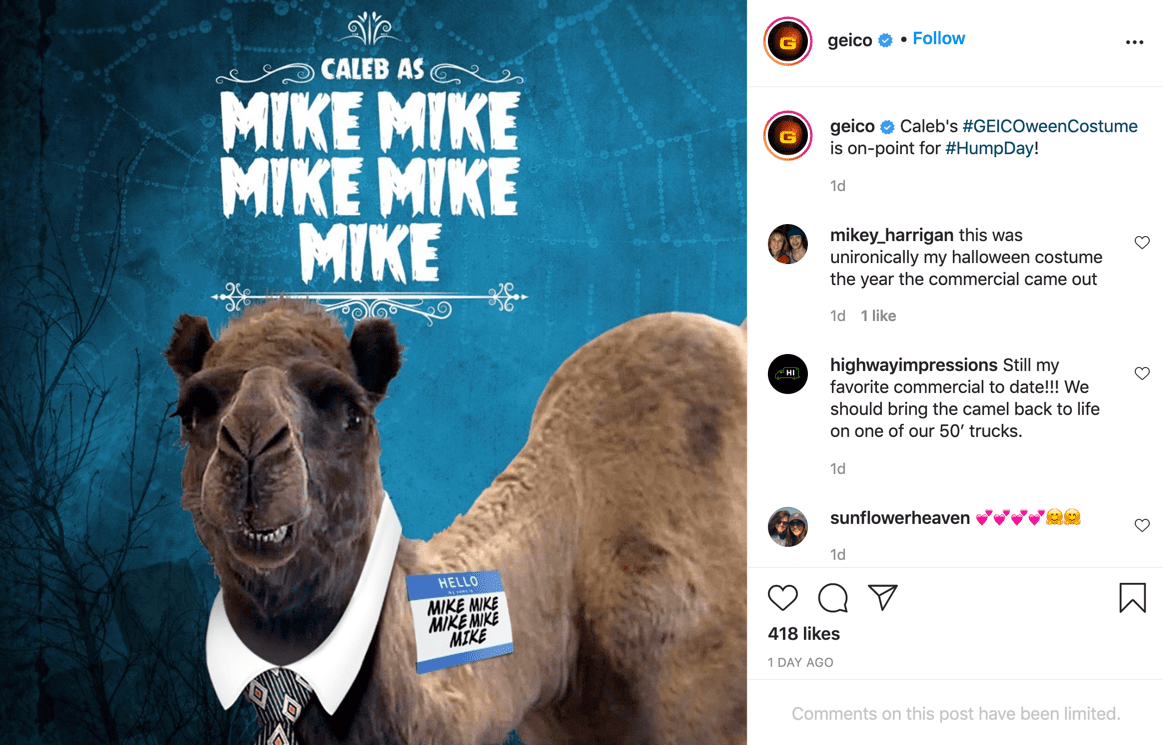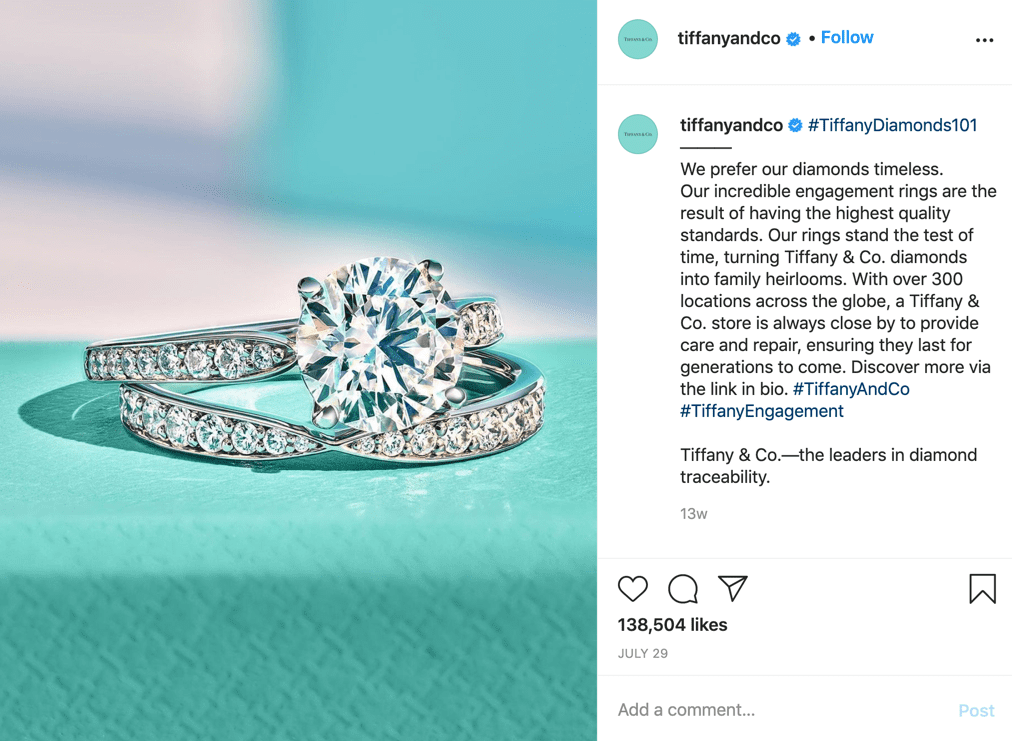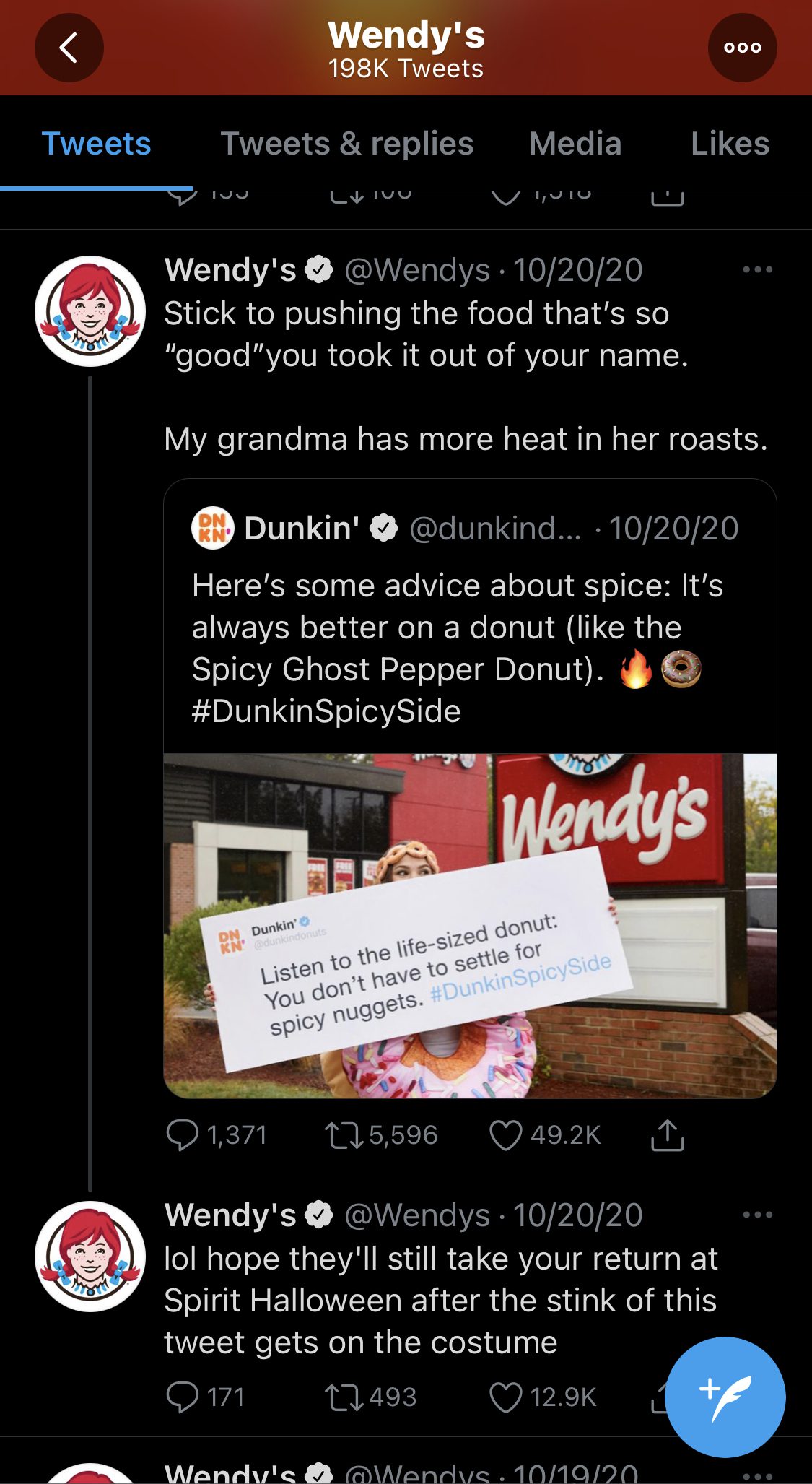7 Tips for Building a Consistent Brand Voice
7 Tips for Building a Consistent Brand Voice. If you’re running or building a business, then you’re probably familiar with the idea of brand voice. Your brand voice is how your brand sounds and feels each time you communicate with your audience, across all platforms. Alongside your visual design, brand voice is what brings your business to life for everyone who interacts with it.
In order to be most effective, your brand voice must be consistent across all platforms. When your brand interacts with your audience, it must always deliver the same experience. Whether it’s on your website, social media, video, email, audio, or other branded materials, a consistent brand voice is an absolute must for your brand strategy.
So how do you make sure your brand voice is consistent? First, let’s jump into what brand voice is. Then, we’ll show you how to determine whether yours is consistent across all platforms.
What is Brand Voice?
Essentially, your brand voice is the embodiment of your business’s mission, vision, and values. If you’re a personal brand, those attributes will reflect who you are as an individual. A larger company or corporation, on the other hand, might have created a persona for their business and then assigned values to that.
Whether your business’s values are grounded in a person or a persona, they’ll naturally begin to take on a specific tone, voice, and feel. In a sense, brand voice is the personality of your brand and all that entails. It’s the overarching impression you want to leave on your audience at every touchpoint in the buyer’s journey.
Think about brands that have made an impression on you over the years. When you come in contact with their marketing campaigns or buy their products, how do you feel? Is the brand entertaining or heartwarming? Does it tug your heartstrings and inspire you to action? Does it make you feel special or luxurious?
Why Your Brand Voice Matters in Marketing
So why does your brand voice matter to your marketing efforts? For one thing, helps you build and maintain trust with your target audience. Your audience comes to learn your brand like a friend or a trusted expert. They come to expect you to deliver a specific type and tone of communication within your marketing.
Think of the voice of your brand as a character. (You don’t necessarily have to have a character mascot, but many brands do.) If you break character, you’ll confuse your audience and risk breaking their trust. As a result, some members of your audience might walk away. You want to make sure your voice is consistent and that your people know what you’re about, at all times.
Tips for Keeping Your Brand Voice Consistent
Wondering how to build a consistent, authentic brand voice? Here are some tips to get you going.
1. Get Clear on Your Mission, Vision, and Values
As a brand, do you really know who you are? To get started building your brand voice, get clear on your mission, vision, and values. Why are you here? What’s important to your brand? What are you trying to accomplish?
2. Ask Yourself What Your Brand is Not
Knowing what your brand is not is just as important as knowing what it is. This will help you better define your voice. Make a list of all the attributes that you do not want to be associated with your brand, and keep them nearby as you develop your voice.
3. Know Who You’re Talking To
Do you know your target audience? Knowing who your brand is targeting is an important step toward developing your brand’s voice. If you haven’t already identified your target customer, now is the time.
4. Decide How You Want Your Audience to Feel When They Interact with Your Brand
How do you want your audience to feel about your brand? Do you want to entertain them? Inspire them to consider uncomfortable truths? Warm their hearts? Make them feel nostalgic? See your brand as a trusted expert? Once you’ve answered that question, choose a handful of adjectives to describe your brand.
5. Decide on Your Brand’s Tone of Voice
Once you’ve decided what your voice is, it’s time to focus on the tone of your brand. Use your answers from #3 to determine your tone. For example, if you want to make your audience laugh, your tone might be witty, engaging, and welcoming. Or, if you want to raise awareness of a specific issue, your tone might be thoughtful, inspiring, and passionate.
6. Create a Brand Style Guide
A brand style guide contains rules for your copywriting, graphics, colors, fonts, images, and all your business’s branding details. This guide serves as a framework for you and your team to follow when developing content.
7. Audit Your Marketing Platforms and Materials
Do a sweep of your marketing platforms and materials to check for consistency in your voice. If you’re well-acquainted with what your voice should be, you’ll be able to weed out inconsistencies easily. Then, make adjustments to those parts of your brand to bring them in line with the rest.
Examples of Companies with Memorable, Consistent Brand Voices
A memorable brand voice can embed itself into pop culture, creating feelings of warmth and nostalgia for those who know and love it. Here are a few standout brands with distinct, consistent voices:
Amazon Prime Video
Amazon Prime Video’s brand voice across social media feels like trading memes with your best friends. Its lively, fun fangirling is contagious, wickedly funny, and universally appealing. The brand conveys a consistent tone while featuring movies and TV shows both new and nostalgic.

Apple
Apple’s brand voice is sleek, sophisticated, and high-tech. Its voice extends past its copy and marketing content, directly into its products. Every detail and material used communicates the high quality the company is known for. While its products stand on their own as industry leaders in quality and innovation, Apple’s voice takes its campaigns to the next level.

Geico
Insurance is boring, but Geico is a master of creating silly commercials that draw public awareness to its insurance products. From its familiar little Gecko to characters like Maxwell the Pig and Caleb the Camel (“Mike, Mike, Mike, Mike, Mike!”), Geico has managed to become part of the public psyche. The company consistently delivers entertaining and amusing content across all platforms. (For the record, my favorite Geico commercial is this one featuring basketball star Dikembe Mutombo.)

Old Spice
Old Spice made waves and tickled funny bones in 2010 with its first Old Spice Guy Super Bowl commercial. Since then, they’ve continued creating humorous marketing campaigns infused with irreverent, masculine humor. For example, one of their recent campaigns features their new “PITFLUENCER”, a fictional Instagram influencer that is a literal armpit (and, um, funny bone–har, har). The PITFLUENCER’s photos feature him dunking a basketball, lounging at a red carpet event, and doing other important and manly things that men definitely want to do, and will probably do better if they use Old Spice (tongue-in-cheek alert!).

Tiffany & Co.
Tiffany & Co. has long been recognized for its signature blue packaging and beautiful, classic jewelry. Founded in 1837, this iconic brand is truly timeless. They’ve carried their distinctive brand voice into the 21st century with a modern flair and a conscious spin: sustainably-sourced diamonds. Customers who invest in Tiffany & Co. jewelry know they are not only buying from a trusted brand but from an industry leader that cares about how its diamonds are obtained.

Wendy’s
Snarky, witty, and saltier than its fries, Wendy’s brand voice is a force to be reckoned with. The company’s Twitter account is a great place to see the fast-food chain’s brand voice in action. Not only is Wendy’s highly engaged with its followers, it regularly–and hilariously–roasts other fast-food brands.

Wrapping Up
The consistency of your brand voice can make or break your brand. Much like developing a character, your voice requires careful development. Successfully keeping your brand in character takes careful attention to detail, but it pays dividends for your business.
Let’s quickly recap:
- Your brand voice is how your brand sounds, feels, and looks when interacting with your target audience
- It’s important to know your brand inside and out so you can keep its voice consistent
- Keeping the voice of your brand consistent helps build brand trust and make your brand memorable
Have you developed a consistent brand voice? What steps have you taken to make sure it resonates across all channels? Let us know in the comments.
Featured image via Bakhtiar Zein / shutterstock.com



